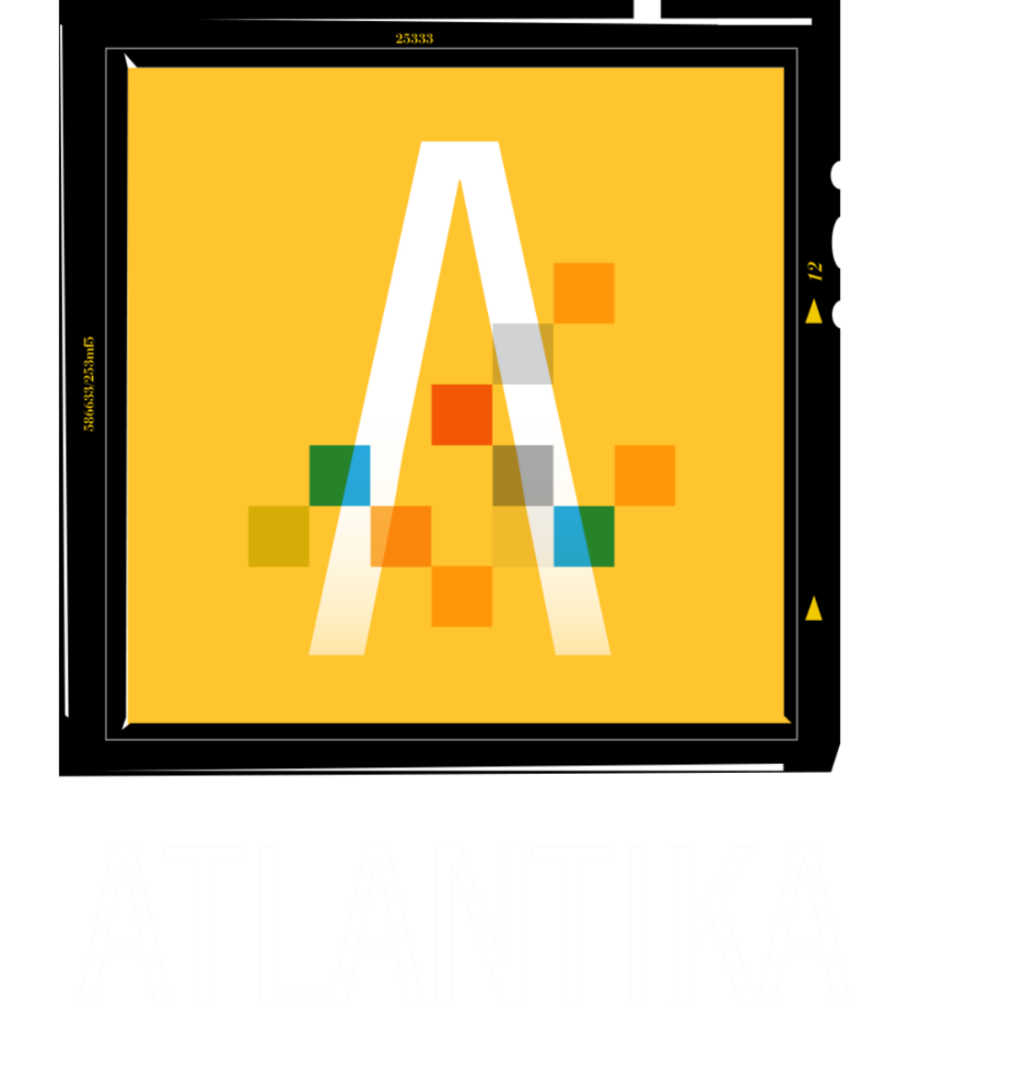Jessica Zychowicz
This is the second of four in a series of experimental poems by Jessica Zychowicz, a scholar, critic, curator, and writer currently based at the University of Alberta's Contemporary Ukraine Studies Program in Canada. The title of the series, "Workshop for the Revolutionary Word," references the avant-garde circles of artists in Kyiv, Ukraine, in the 1920s, a context that gave rise to fierce debates on the direction of culture between opposing groups of writers in the early Soviet era. The poet Mykola Khvylovy, first a member of the Ukrainian Communist Party CP(B)U organization Hart, later founded VAPLITE in 1925 (Vilna Akademiia Proletarskoi Literatury—The Free Academy of Proletarian Literature) that served as a powerful platform for his critiques. He disagreed with Rosa Luxemburg and her Ukrainian supporters Iurii Piatakov and Evgeniia Bosh, who claimed that the world transformations then occurring were successfully dissolving national boundaries; by contrast, he put forward that any conclusion to the search for a more revolutionary, more progressive internationalism had yet to be achieved. “To create a new language Khvylovy fused various linguistic levels: the traditional concerns of the Ukrainian intelligentsia were interspersed with references to Western literature, Marxist political theory, the macaronic language of the Russian civil service, and the racy idiom of the town proletariat. The twenties were witnessing a democratization of culture of unprecedented proportions: the introduction of mass education, mass publications, radio and cinema meant a rapid expansion of culture beyond lyrical poetry and the theatre of ethnographic realism.” (Shkandrij, Myroslav. Modernists, Marxists, and the Nation: The Ukrainian Literary Discussion of the 1920s. Edmonton: CIUS Press, 1992, p. 55.) Parallels to this earlier moment of social and cultural upheaval in the early Soviet era can be felt and seen in Ukraine today. These poems bring together contemporaneous observations in the frame of exploring forms of dissent with regimes of power around the globe that serve to oppress creative expression. Asking us to revisit what can so easily be taken-for-granted, or rendered invisible, the poems play with historical repetition in different times and places in order to unmask “new” versus “old” technologies of censorship. These poems are shared in keeping with Atlantika Collective's emphasis on embracing an "open circle" of artists, writers, curators, educators and thinkers. Jessica welcomes any responses in this collaborative spirit. For more on Jessica's background, please visit our Members and Contributors page.
[In order to preserve the integrity of the original text, this poem is presented as two image files, to be read without an intended break between them.]


